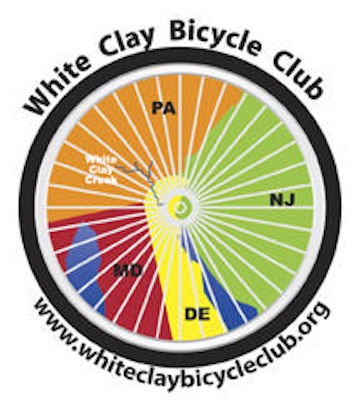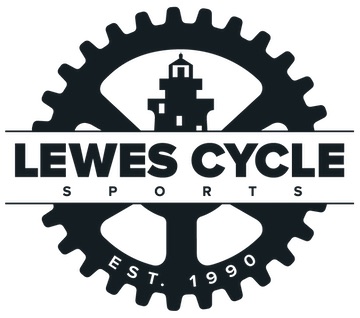American Bicyclist: Five Ideas From Delaware
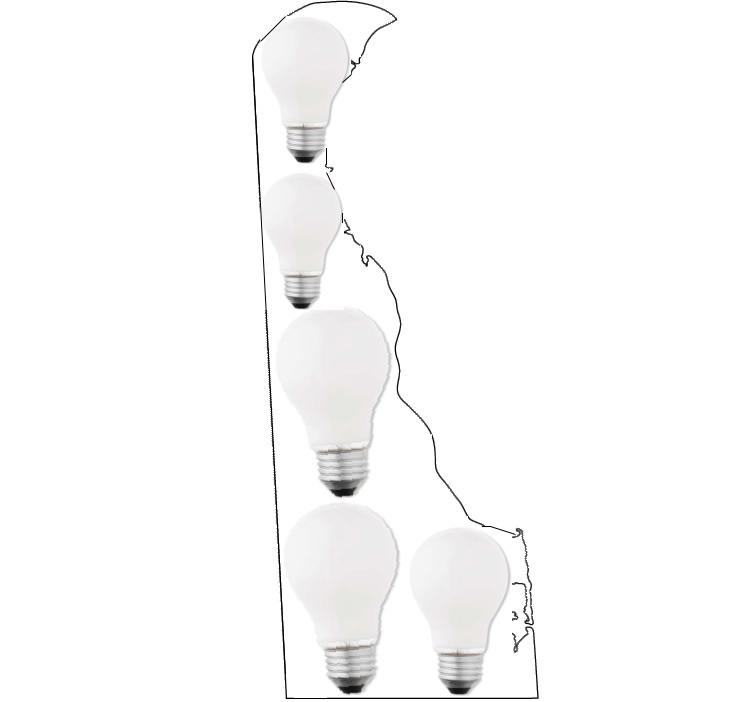
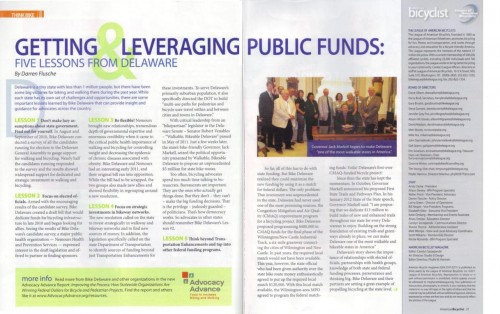
Getting and Leveraging Public Funds: Five Lessons from Delaware
By Darren Flusche
League of American Bicyclists
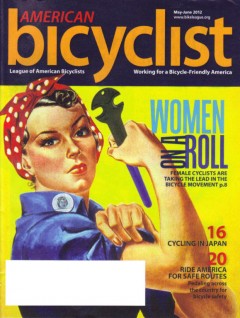 Published in American Bicyclist (May/June 2012)
Published in American Bicyclist (May/June 2012)
Delaware is a tiny state with less than 1 million people, but there have been some big victories for biking and walking here during the past year. While each state has its own challenges and opportunities, there are some important lessons learned by Bike Delaware that can provide insight and guidance for advocates across the country.
LESSON 1 Don’t make lazy assumptions about state government. In August and September of 2010, Bike Delaware conducted a survey of all the candidates running for election to the Delaware General Assembly to gauge support for walking and bicycling. Nearly half of the candidates running responded to the survey and the results showed widespread support for dedicated and strategic investment in walking and bicycling.
LESSON 2 Focus on elected officials. Armed with the encouraging results of the candidate survey, Bike Delaware created a draft bill that would dedicate funds for bicycling infrastructure in late 2010 and began looking for allies. Seeing the results of Bike Delaware’s candidate survey, a major public health organization – Nemours Health and Prevention Services – expressed interest in the draft legislation and offered to partner in finding sponsors.
LESSON 3 Be flexible! Nemours brought new relationships, tremendous depth of governmental expertise and enormous credibility when it came to the critical public health importance of walking and bicycling for controlling weight and decreasing the epidemic of chronic diseases associated with obesity. Bike Delaware and Nemours had an interesting early 2011, and their original bill ran into opposition. While the bill had to be scrapped, the two groups also made new allies and showed flexibility in regrouping around a new resolution.
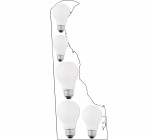 LESSON 4 Focus on strategic investments in bikeway networks. The new resolution called on the state to invest strategically in walkway and bikeway networks and to find new sources of money. In addition, the legislation specifically called on the state Department of Transportation to identify sources of funding beyond just Transportation Enhancements for these investments. To serve Delaware’s primarily suburban population, it also specifically directed the DOT to build “multi-use paths for pedestrian and bicycle user travel within and between cities and towns in Delaware on independent right-of-way outside of the right-of-way of existing roadways.”
LESSON 4 Focus on strategic investments in bikeway networks. The new resolution called on the state to invest strategically in walkway and bikeway networks and to find new sources of money. In addition, the legislation specifically called on the state Department of Transportation to identify sources of funding beyond just Transportation Enhancements for these investments. To serve Delaware’s primarily suburban population, it also specifically directed the DOT to build “multi-use paths for pedestrian and bicycle user travel within and between cities and towns in Delaware on independent right-of-way outside of the right-of-way of existing roadways.”
With critical leadership from a “bikepartisan” legislator in the Delaware Senate – Senator Robert Venables – “Walkable, Bikeable Delaware” passed in May of 2011. Just a few weeks later, the state’s bike-friendly Governor, Jack Markell, seized the political opportunity presented to him by Walkable, Bikeable Delaware and proposed an unprecedented $5,000,000 for state bike routes.
Too often, bicycling advocates spend too much time talking to bureaucrats. Bureaucrats are important. They are the ones who actually get things done. But they don’t – they can’t – make the big funding decisions. That is the privilege – jealously guarded – of politicians. That’s how democracy works. So advocates in other states should remember Bike Delaware’s Lesson #2.
LESSON 5 Think beyond Transportation Enhancments and tap into other federal funding programs. So far, all of this has to do with state funding. But Bike Delaware realized that they could maximize the new funding by using it as a match for federal dollars. The only problem: That investment was unprecedented in the state. Delaware had never used one of the most promising sources, the Congestion Mitigation and Air Quality (CMAQ) improvement program for a bicycling project. Bike Delaware proposed programming $480,000 in CMAQ funds for the final phase of the Wilmington/New Castle Industrial Track, a six-mile greenway connecting the cities of Wilmington and New Castle. In past years, the required local match would not have been available. This year, however, the state official who had been given authority over the state bike route money enthusiastically agreed to put up the required local match $120,000. With this local match available, the Wilmington-area MPO agreed to program the federal matching funds. Voila! Delaware’s first-ever CMAQ-funded bicycle project.
Since then the state has continued to keep the momentum going. In October, Governor Markell announced his proposed First State Trails and Pathways Plan. In his January 2012 State of the State speech, Governor Markell said: “I am proposing that we dedicate $13 million to build miles of new and enhanced trails throughout our state for every Delawarean to enjoy. Building on the strong foundation of existing trails and greenways already in place, we can make Delaware one of the most walkable and bikeable states in America.”
Delaware’s story shows the importance of relationships with elected officials, partnerships with health groups, knowledge of both state and federal funding processes, perseverance and thinking big. Bike Delaware and their partners are setting a great example of propelling bicycling at the state level.
RELATED:
• Finding a Route Forward Under MAP-21 (League of American Bicyclists – July 6, 2012)
• Results of 2010 Survey of Delaware General Assembly Candidates
• Delaware House and Senate Pass “Walkable, Bikeable Delaware”
• Delaware General Assembly Votes Millions For Bicycling
• 2011 Bike Friendly Elected Official
• Eight civic and business groups call for completion of Industrial Track
• 1st Ever CMAQ-Funded Bike Project in Delaware History
• VICTORY FOR CYCLING: Delaware General Assembly Votes $13.25 Million for Walking and Bicycling
• Walkable, Bikeable Delaware Wins National Recognition


